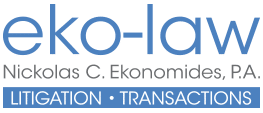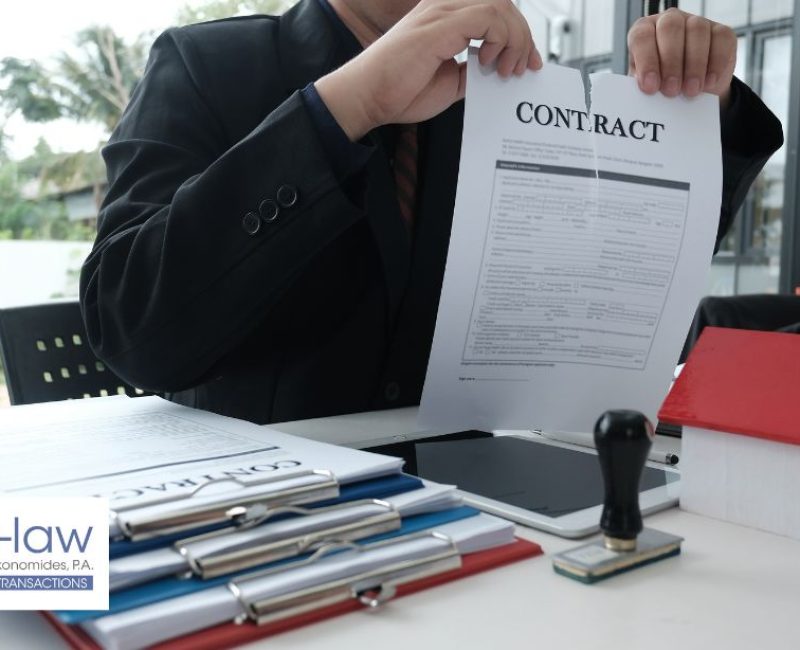Insurance Claims

Business Interruption Insurance and Insurance Claims. What is covered?
There are many types of policies of insurance that cover businesses and various endorsements that extend coverage. When considering times of a pandemic such as the 2002 SARS outbreak, the 2014 Ebola outbreak, and the novel coronavirus (COVID-19) of 2020, reviewing your commercial property and liability insurance coverage well in advance is in order. These policies are broadly:
- Business Owner Policies
- Commercial Multiple Peril Policies
- Specialized Multiple Peril Policies.
It may be unlikely that a standard unendorsed policy extends coverage for business interruption losses caused from the outbreak of disease such as government enforced quarantines. This is essentially because there is no direct property damage such as results from a hurricane. And yet, you have lost business income.
So, with the world becoming so much smaller with increased travel, what can you do? You can argue your policies do provide coverage and you can add endorsements to cover future losses.
Florida Business And Commercial Litigation Attorney
The specifics of your policy matter. Insurance policies are a contract and like any contract, they can be revised. Reviewing them with your insurance agent and advisers is of extreme importance in the event you need to file insurance claims.
Business Interruption Coverage
In a pandemic, government-imposed quarantines will all but shut down economic activity. Whether your employees get sick or not, businesses lose their labor force. Now, one business can’t pay for the products or services it has purchased from another. Sales dwindle; supply chains are disrupted. But without property damage or loss, commercial property policies with business interruption coverage is unlikely to pay out lost income and extra expenses incurred. While a hurricane and storm damage may well be covered, lost revenues as a result of disease will not.
Is the presence of disease on covered property damage? Is it a pollutant? Certainly, some property can become contaminated and is therefore a “loss”. It is worth reviewing your policies to determine if your commercial property coverage provides pollution or contamination exclusions.
Contingent Business Interruption Coverage
Contingent business interruption coverage insures against loss of income resulting from a covered loss to an insured’s customer or supplier. So again, the question is, how your customer or supplier lost its income. We are back to examining the cause of the loss: property damage or disease outbreak?
Civil Authority Coverage
Surely to become more popular, and likely more expensive, commercial policies can be endorsed to extend coverage to losses resulting from disease outbreak. Government-ordered shutdowns and enforced quarantines are typical of pandemics and infectious disease outbreaks. Where there is no property damage, such as during rioting, this coverage would pay your covered loss.
Commercial General Liability
Standard commercial general liability policies include “disease” under definitions of bodily injury. This means that you would be covered for a third party’s claim for injury from contracting a disease as a result of your negligence. Of course, your coverage may be altered by endorsements. Exclusions too typically include pollution. Is a disease outbreak “pollution?” More directly, your policy may exclude liability coverage for communicable diseases.
Organizers of conferences, festivals, and business meetings should be careful here as should the venue owners.
Environmental Insurance
Environmental policies cover pollution. There first thing that comes to mind is buried fuel tanks. Here, an insured’s liability for bodily injury and property damage, clean up, and business interruption may all be covered. Going back to the question of whether disease is pollution, unless your policy expressly excludes same, make the argument that a pollutant includes a virus or bacteria.
Organizers of conferences, festivals, and business meetings should be careful here as should the venue owners.
Insurance Policy Review
The specifics of your policy matter. Insurance policies are a contract and like any contract, they can be revised. Reviewing them with your insurance agent and advisers is of extreme importance.
Speak With Nickolas Ekonomides
Latest News & Blog
Read the latest news from us and the legal environment.





